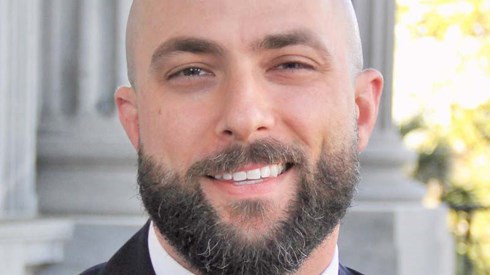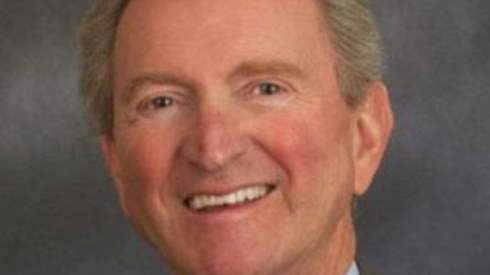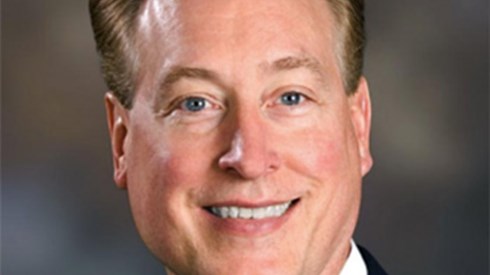South Carolina Captive Insurance Association Holds Annual Conference

September 27, 2022

This year's South Carolina Captive Insurance Association's (SCCIA) Annual Executive Educational Conference saw a number of captive insurance industry professionals gather for informative sessions focused on all things captive and take advantage of networking opportunities.
The conference, the SCCIA's 21st annual gathering, was held from September 20–22, 2022, in Charleston, South Carolina.
The conference kicked off with Captive Academy, sponsored by Hylant Global Captive Solutions, which featured a discussion of captive insurance basics and a general overview of captive insurance.
The following day, representatives from the South Carolina Department of Insurance (SCDOI), including Acting Director Michael Wise, Deputy Director Dan Morris (pictured bottom left), and Director of Captives Joe McDonald, delivered opening remarks regarding the captive industry in South Carolina and how it continues to thrive, with 195 active captives and numerous prospects in the pipeline. The SCDOI intends to license its 400th captive this year.
"South Carolina is one of the most welcoming states," Senator Ronnie Cromer said, with Acting Director Wise adding, "South Carolina is in the business of business."
The SCCIA conference included the presentation of numerous awards to individuals in the industry, with the SCDOI being recognized with Mr. Morris receiving the association's Captive Person of the Year award. In addition, Senior Financial Analyst Ryan Martin (pictured bottom right) was the first recipient of the Jeff Kehler Memorial Scholarship Award to pursue the Associate in Captive Insurance designation from the International Center for Captive Insurance Education.
Among sessions in the conference, "Perspectives on the Meaning of Insurance" offered several different viewpoints, including the role of the accountant, the actuary, taxation, and the regulator. Common themes throughout the session were risk shifting and risk distribution, a significant chance of material loss, sufficient exposure of units, accurate financial projections, claim activity, and appropriate use of insurance policies. For example, speakers noted, a captive in the Midwestern United States would not need hurricane insurance.
Additionally, the conference saw discussion on combating social inflation as the insurance industry has seen a dramatic increase in so-called "nuclear" verdicts. Conference-goers were told that insurance companies have faced unprecedented claims due to well-funded plaintiff attorneys, publicity of large settlements and verdicts, and third-party liability funding. Defense attorneys have had to find alternative means to defeat plaintiffs by dividing and conquering the plaintiffs, combating anchoring—bias towards the first piece of information heard by a jury, which influences their final decision—and using organizations such as the American Legal Connection, a collection of like-minded defense attorneys.
A session titled "Leveraging Surplus to Support Business Plan Expansion" highlighted the importance of building surplus to support ongoing operations and stressed that a company's initial business plan should be a "living breathing document," according to Anne Marie Towle of Hylant Global Captive Solutions, as business plan changes should be communicated to the service provider and the regulator. In addition, building surplus allows a company to issue dividends or loan-backs, expand on existing coverage or add new coverage, increase limits and lower reinsurance, or fund loss prevention and risk management processes. As the SCDOI's Mr. McDonald mentioned, having an open dialogue between captive managers and/or company representatives allows transparency in changes in business plans, which keeps regulators informed about what's going on with the company or could help regulators provide direction in assisting with a change in a captive's operations that would be acceptable to South Carolina law.
"Medical Stop Loss and Employee Benefit Coverage" was discussed, with Dale Sagan of NFP Management highlighting the disconnect between human resources and the use of captive insurance companies. There are opportunities for companies to better utilize their capital through a captive rather than continuing with business as usual and facing rising insurance premiums and potentially reduced coverage.
(Pictured below are Dan Morris (left) and Ryan Martin (right), award winners at this year's conference.)
September 27, 2022





